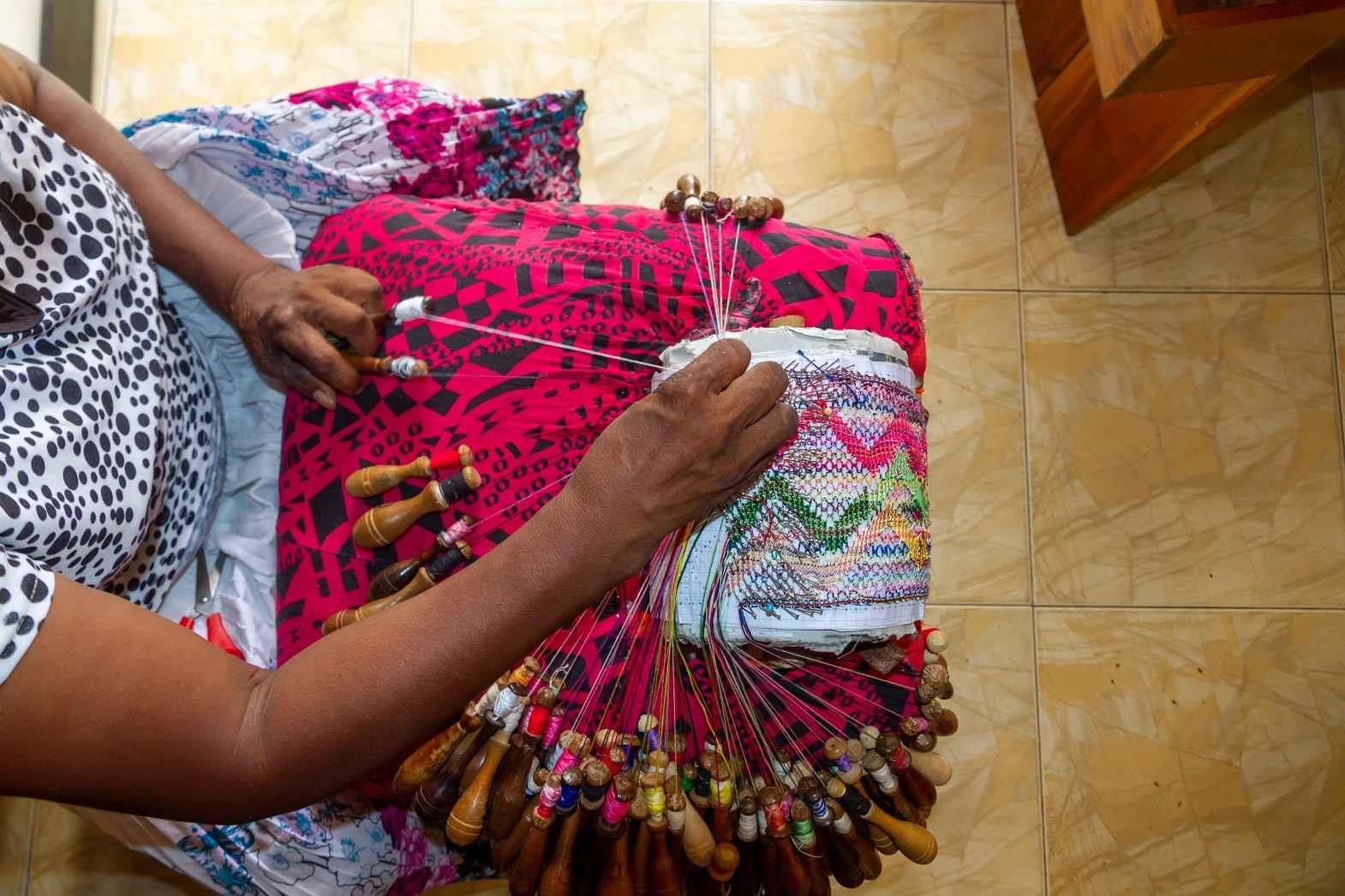"The top six retailers that are growing are not in North America, [but] in the Asia Pacific. This region is where the growth is," Kurt Cavano, founder, vice-chairman, and chief strategy officer of cloud computing company GT Nexus, told the South Asian Apparel Leadership Forum in Colombo. "The opportunities for Sri Lanka to be part of this massive growth and to contribute to this growth are huge," added Cavano, who was also the event's co-chair.
Speaking to an audience comprising top Sri Lankan industrial leaders and clothing industry experts from across South Asia, Europe, and the US, he noted that a key area of growth would be in Chinese e-commerce. "China commands more online deliveries than all electronic commerce sites in the US combined. So the race is on," he added. Cavano stressed that fashion and apparel companies in Sri Lanka wanting to seize this opportunity needed to improve their supply chains, offering new design services and other innovations. "You can be part of a huge revolution. This is the time to seize the moment," he told the conference.
Industry-friendly legislation
The Sri Lankan government certainly wants to ride this wave, passing industry-friendly legislation and negotiating a series of upcoming free trade agreements with big Asian markets, such as China and Japan. For instance, it recently enforced a new regulation designating Sri Lanka's main two ports - Colombo and Hambantota - as free ports, with reduced customs dues and trade bureaucracy.
"The new regulation will ensure export growth stability, increase foreign direct investments, along with the setting up of new enterprises across the country, amidst the island's strategic location in the Indian Ocean," Tuli Cooray, Secretary-General of the joint Apparel Association Forum (OAAF), told the meeting. He said there was plenty of growth in demand for apparel made in South Asia, with output from Sri Lanka, Bangladesh, India, and Pakistan growing 58% over the past four years - momentum Cooray believes will continue in coming years.
As for trade deals, planned agreements with China and Japan would, said Mahesh Amalean, chairman of MAS Holdings, the largest apparel manufacturer in Sri Lanka, have a positive impact over the next five years. "The future FTAs with China and Japan will be very important to our industry and its future growth," he said.
International standards
"The other reason for our success is our strict compliance to international standards, covering, labour, health, safety and environmental factors, all which were implemented by the Sri Lankan apparel industry at a very early stage," Amalean added. Aroon Hirdaramani, Director of another major Sri Lanka clothing firm, the Hirdaramani Group, argued at the Forum that over the years, Sri Lanka has established itself as the region's key apparel knowledge centre.
He highlighted ground breaking work undertaken in the country: "Sri Lanka has introduced various pioneering concepts for the benefit of the industry by way of the manufacturing technologies the industry uses, supporting sustainability by opening green factories." It all started in Sri Lanka. This is the place where people come to create, because in Sri Lanka, we have an amazing sense of product excellence along with an equally amazing design talent pool," he claimed.
An early initiative launched by Sri Lanka in 2007 was 'Garments without Guilt,' which focused on ethical production and sustainable development, with supporting companies committed to ethical working conditions free of child labour, forced labour, discrimination and sweatshop practices. And industry leaders have opened some of the world's first 'green factories' in the country. In 2008, MAS Holdings, Brandix and the Hirdaramani group opened three such facilities, with Brandix and MAS supplying 'green clothing' for Marks & Spencer retail stores. In 2008, Hirdaramani opened its first 'eco-friendly' factory, receiving a CarbonNeutral certification from the CarbonNeutral Company, a global provider of carbon reduction solutions.
This article was originally published in the November issue of the Stitch Times Magazine








Comments